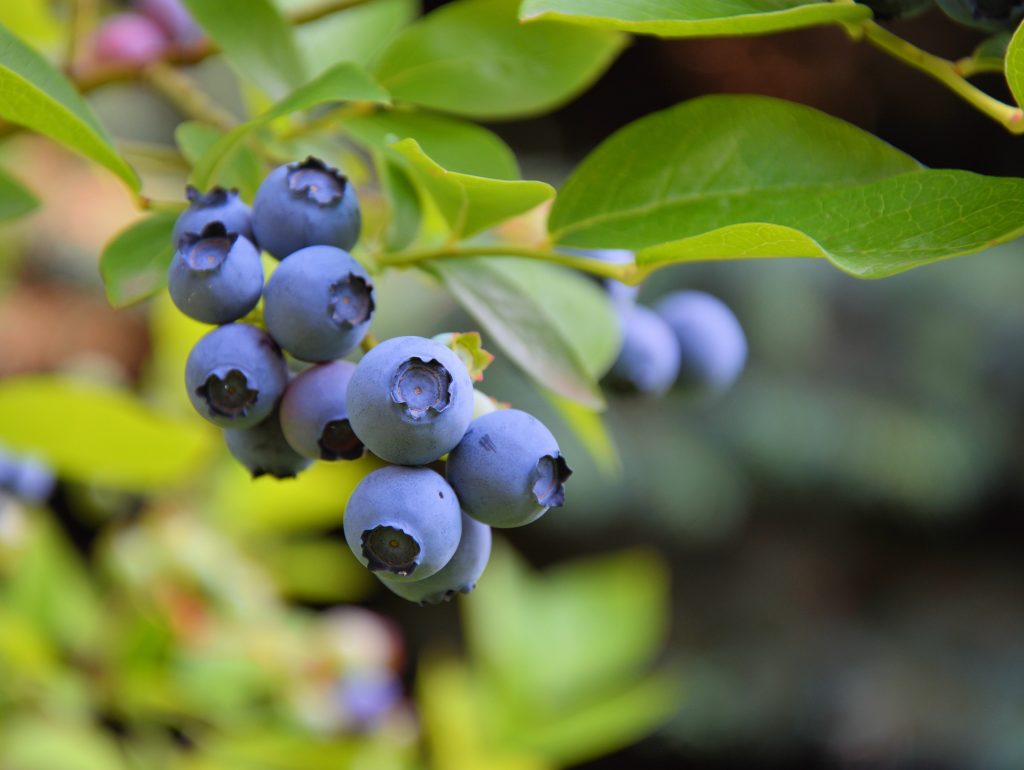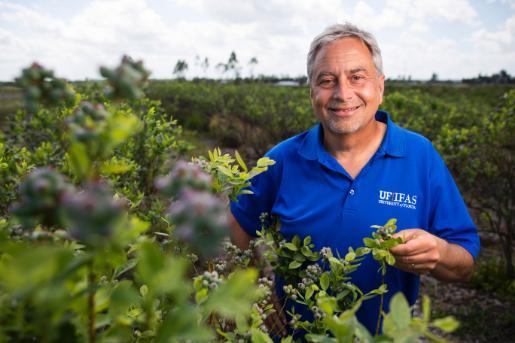
By Clint Thompson
Increased blueberry imports may have snatched away some of Florida growers’ market share, but they haven’t taken away the producers’ optimistic outlook. That’s evident with some of the larger growers establishing new plantings, says Doug Phillips, University of Florida/IFAS Blueberry Extension Coordinator.
“I would say from a market perspective, imports into the U.S. continue to be a challenge. Having said that, I think many of the growers in the state are still cautiously optimistic,” Phillips said. “I talk to most of the growers throughout the state and people are planting new acreage. People are pulling out old 10, 12, 15-year-old plants and planting new. Even though from a market perspective there’s some challenges with imports, I would say people are still at least cautiously optimistic.”
Imports Statistics

Florida’s market share in blueberries was 2.7% compared to Mexico’s 18% in 2020, according to a recent report from the Florida Department of Agriculture and Consumer Services,. Florida’s blueberry sales decreased by 16.1% from 2012 to 2020. Florida produced 22 million pounds in 2020, compared to Mexican imports that netted 112 million pounds.
Phillips said the spike in imports led to smaller farms (those less than 20 acres) shutting down. They could not compete. But larger farming operations continue to move forward. Technological advancements are a big reason why.
“I think some of the cautious optimism for the larger growers is that they’re trending towards mechanical harvesting. They kind of have to do with the market conditions. One of the biggest differentiators in cost between the U.S. growers and growers outside the U.S. is labor cost. A lot of that is harvest labor,” Phillips said. “I think seeing advances in machine pick technology, seeing that there are some good varieties that will machine pick well, I think it’s helped some of the optimism. I think last season the prices seemed to stay stable a little bit longer than they did maybe the last couple of years. That may point to some of the optimism.”
According to Florida farmer Ryan Atwood, this past year’s prices stayed stable for most of the season. It was his best year in a long time.









